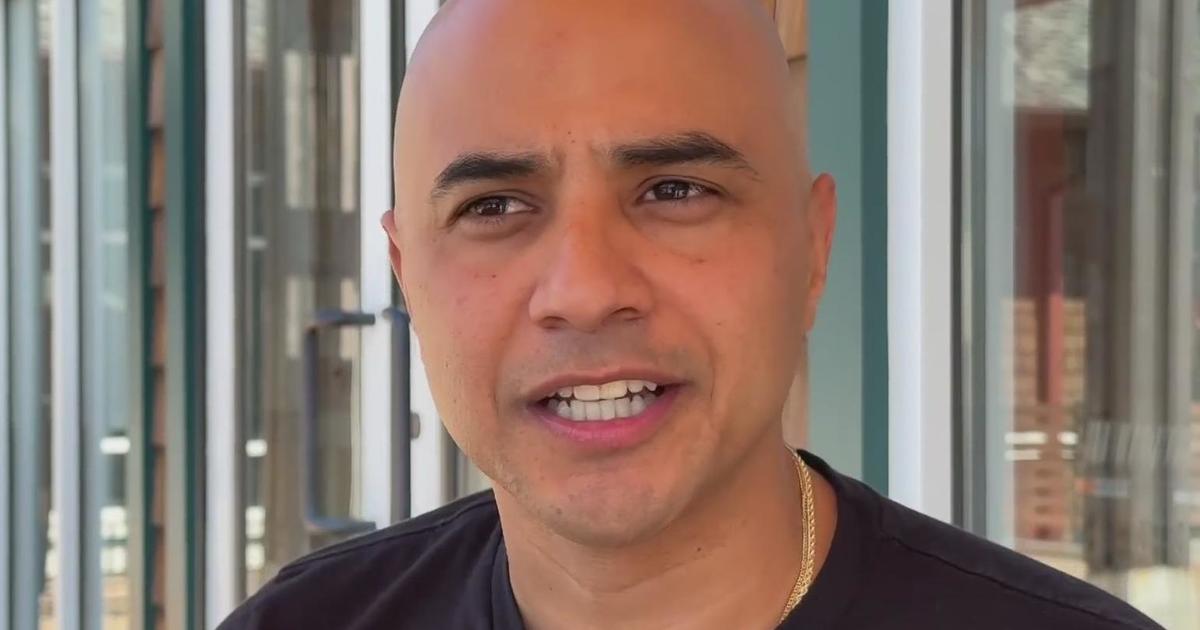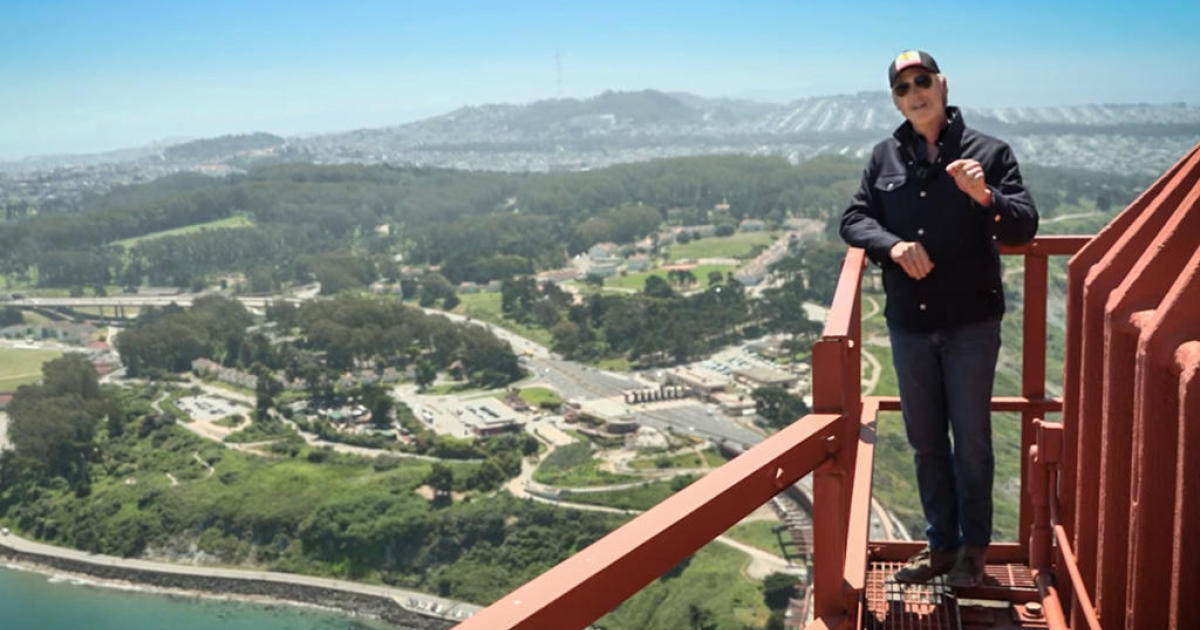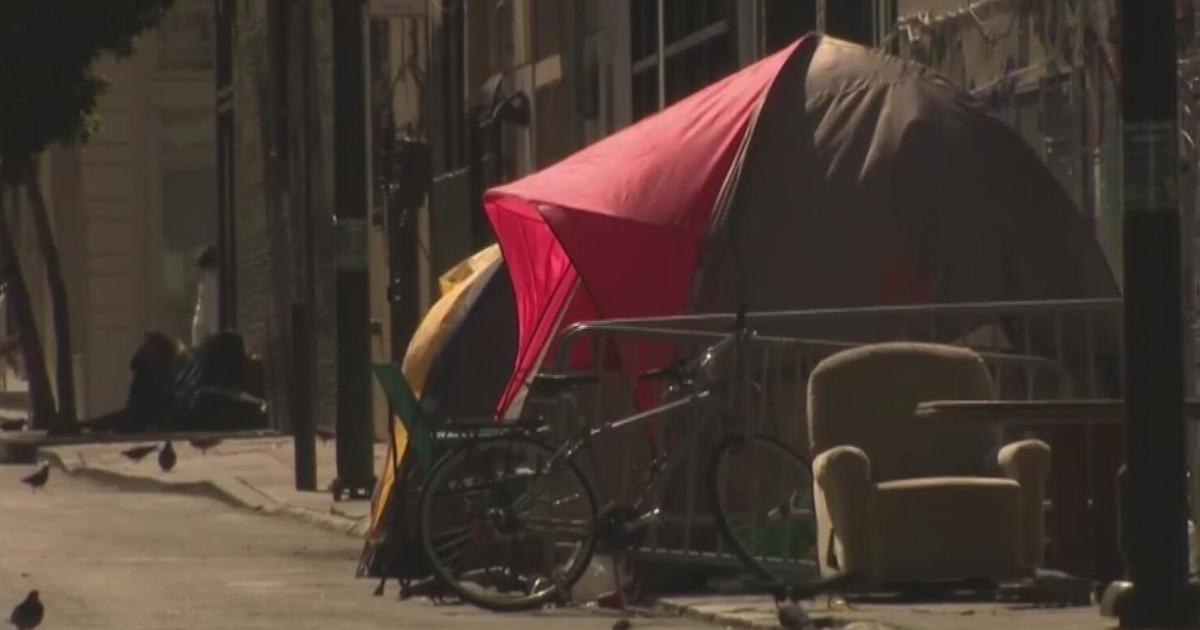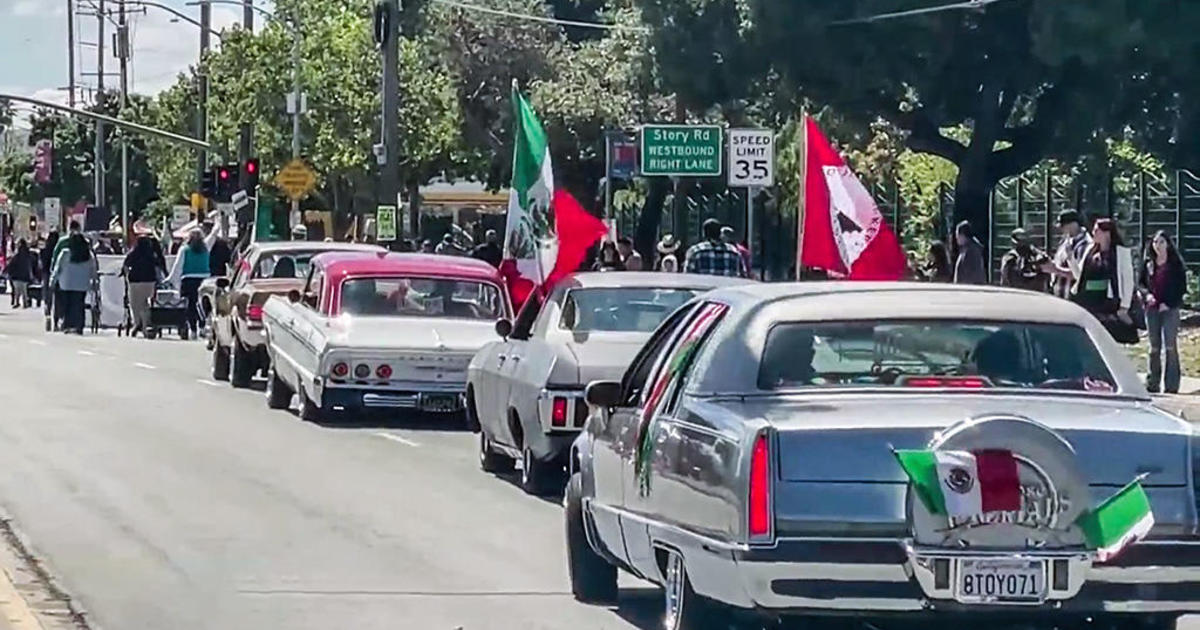Series Of Small Earthquakes Could Mean Big One Is About To Strike, Research Suggests
SAN FRANCISCO (KPIX 5) - Scientist may finally know how large earthquakes get started: with many smaller ones.
Scientists from the Los Alamos National Laboratory used new computer techniques to more closely examine existing data on medium to large earthquakes in Southern California.
They focused on two million tiny quakes, which were previously all but ignored.
"What they found was, much to their surprise, is that instead of less than half of those events having some precursory seismic activity, almost three fourths of those events had some elevated seismicity," said Brian Kilgore, a U.S.G.S. Geophysicist.
In other words, most of the earthquakes we can feel come soon after many smaller ones.
The research touches on the big question facing researchers: how do earthquakes get started.
Scientists have been trying to develop earthquake early warning systems for decades.
But Kilgore cautions that it's still too early to know if this could someday lead to better earthquake prediction.
He says for now, the answer is "no."
"We can't look at any earthquake, or any group of earthquakes and identify if it's a foreshock, leading up to a larger earthquake, or just an earthquake."
The research is giving scientists a new way to think about earthquakes as not just a singular event but rather an earthquake sequence.



